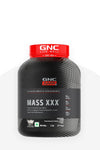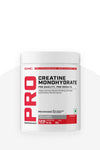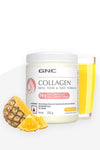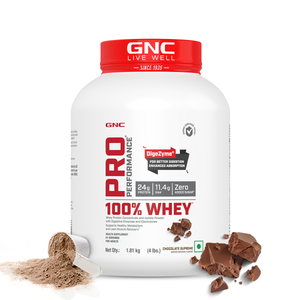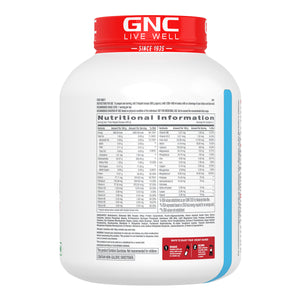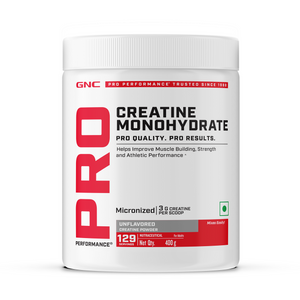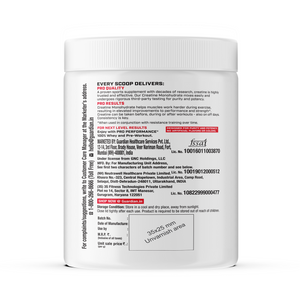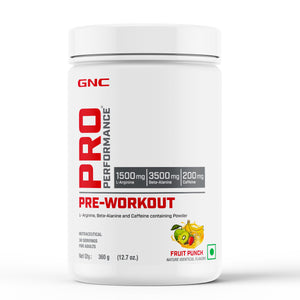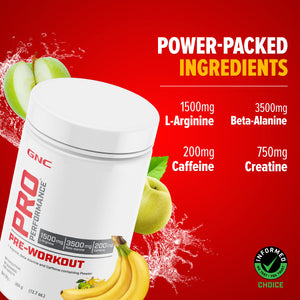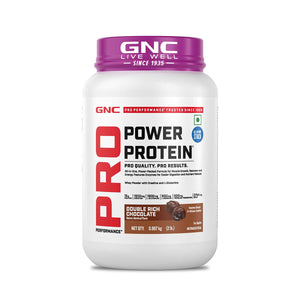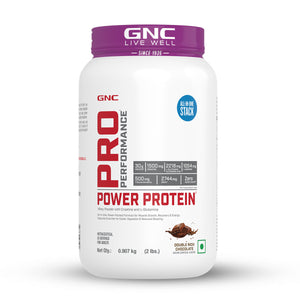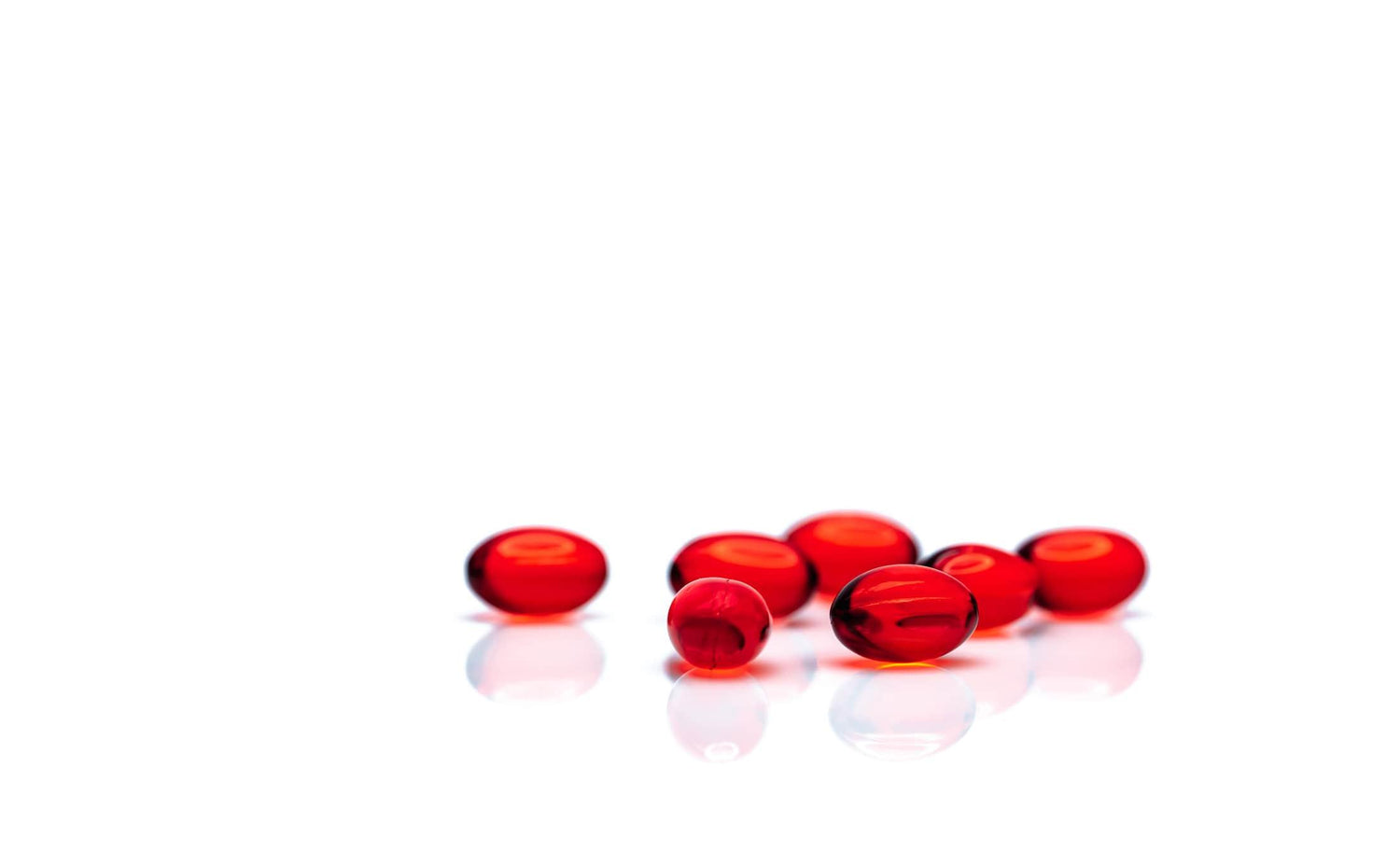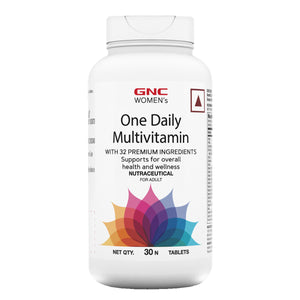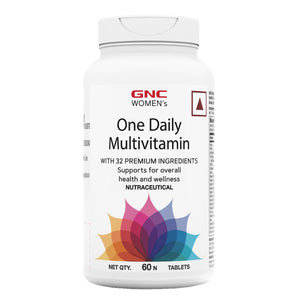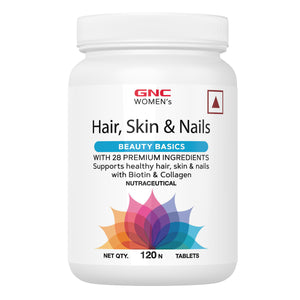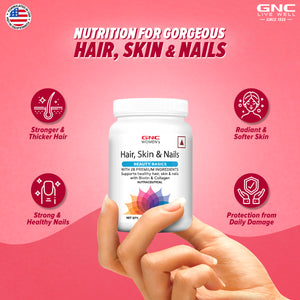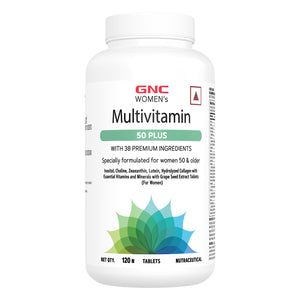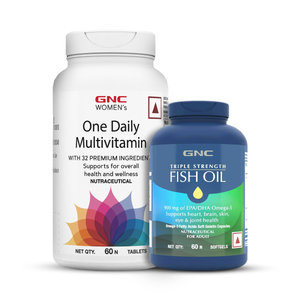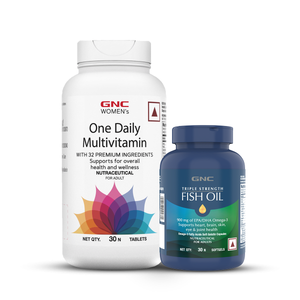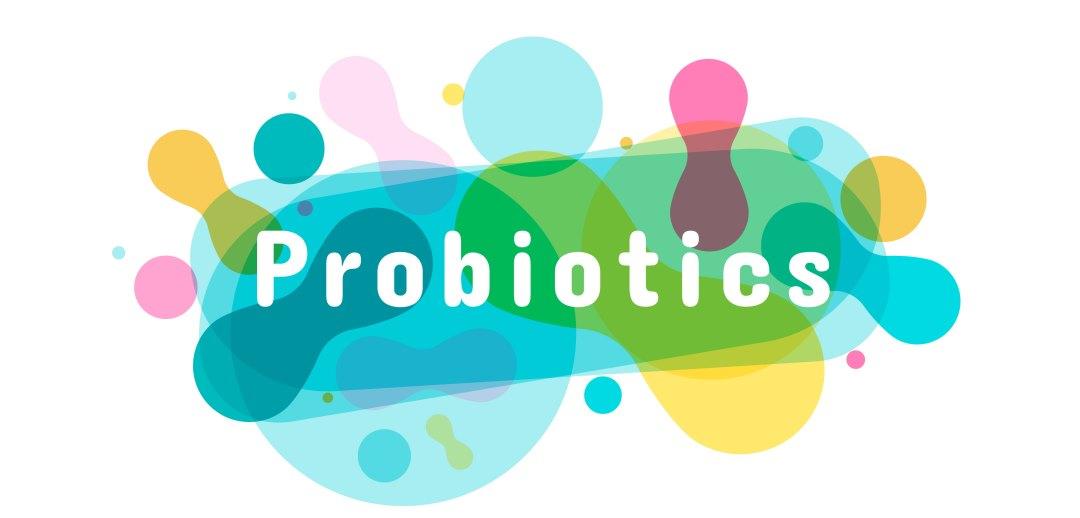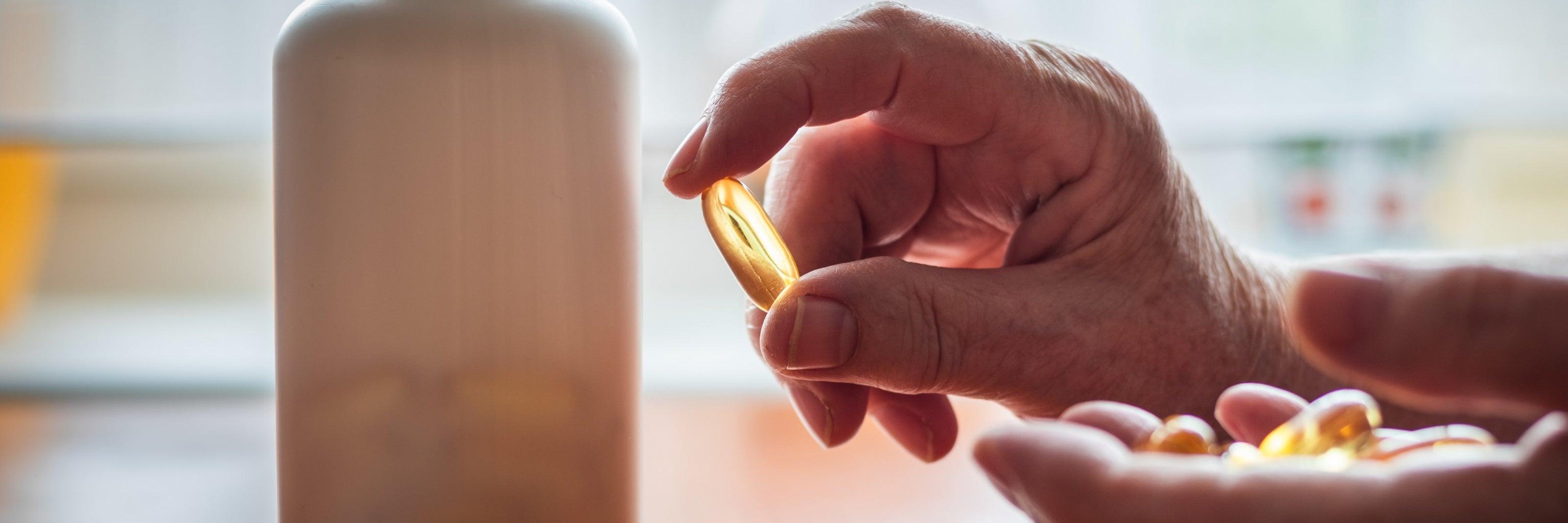
Astaxanthin is a natural carotenoid (a class of antioxidants) that is a very colorful red-orange pigment. It is considered to be the most powerful antioxidant as compared to beta carotene and lycopene.
This reddish-orange color is produced by micro-algae and ingested by different forms of marine life. It belongs to a large class of phytochemicals known as terpenes. It gives salmon its pink flesh and is often fed to farm-raised animals. It is similar in structure to beta carotene, another important antioxidant.
Astaxanthin has strong antioxidant properties to help protect against the damaging effects of excessive free radicals. Astaxanthin may be found naturally in some species of fish including crustaceans and algae. Another natural source is red yeast, which is used to create red yeast rice.
In this article, we will focus on 5 important health benefits of astaxanthin. This will also help us understand why GNC Women’s Ultra Mega Active contains astaxanthin as one of the major nutrients.
Astaxanthin helps reduce exercise fatigue
its antioxidant power has been shown to prevent oxidative stress from mitochondria leading to the generation of more energy and less fatigue. This way, post your exercise session – you don’t feel tired and energy-deprived. Look for this antioxidant when you go ahead and buy sports or active multivitamins for yourself.
Astaxanthin protects the skin
Oxidative stress is one of the main reasons for accelerated skin aging and dermal damage. Astaxanthin has been studied to understand its benefit as a strong UVB absorber. This function of astaxanthin protects the skin from DNA damage which is responsible for cell and collagen degradation in the human skin, resulting in premature aging. This mechanism finally makes the skin tight and reduces wrinkles.
Neuro-protective effects of Astaxanthin
The Human Central Nervous System (CNS) contains 100 billion neuronal cells and an equal number of glia cells, such as microglia, astrocytes, and oligodendrocytes. The CNS is very much prone to inflammation and oxidative stress. Astaxanthin, one of the marine xanthophylls (a type of carotenoid) can protect the brain from oxidative damage due to antioxidant power and thus avoid neuro-inflammation. This also leads to the normal functioning of the brain and protects brain cells from deadly toxins.
Apart from this, research studies have confirmed that astaxanthin also helps in increasing BDNF – which is a growth factor that grows new brain cells and helps the existing ones survive. This particular function of astaxanthin is responsible for preventing Alzheimer’s and Parkinson’s disease.
Astaxanthin supports your cardiovascular system
Like any antioxidant, its primary function is to protect the heart from any plaque formation. Basically, oxidative stress and inflammation contribute to plaque buildup in your arteries, which can slowly choke them and lead to heart attack or failure. Other heart health benefits include: helps reduce bad cholesterol, improves the blood flow and helps reduce blood pressure.
Astaxanthin can protect your eyes too
Just like it protects your brain and skin, even eyes are being covered by Astaxanthin. Antioxidants (carotenoids) have a long history of use in eye health products e.g. in the suppression of age-related macular degeneration.
How to get Astaxanthin into your diet
Since Astaxanthin is sometimes very challenging to get from the natural sources, supplement is the only option.
The commercial production of this pigment has traditionally been performed by chemical synthesis, but the microalga Haematococcus pluvialis appears to be the most promising source to be used in the dietary supplement.
GNC Women’s Ultra Mega Active contains astaxanthin as one of the major ingredients to help prevent excessive fatigue post your exercise. This supplement is specially designed for active women who are more focussed on having a fit and healthy body.
Krill Oil is also one of the richest sources of Astaxanthin and the reddish color of the oil determines this antioxidant presence.



